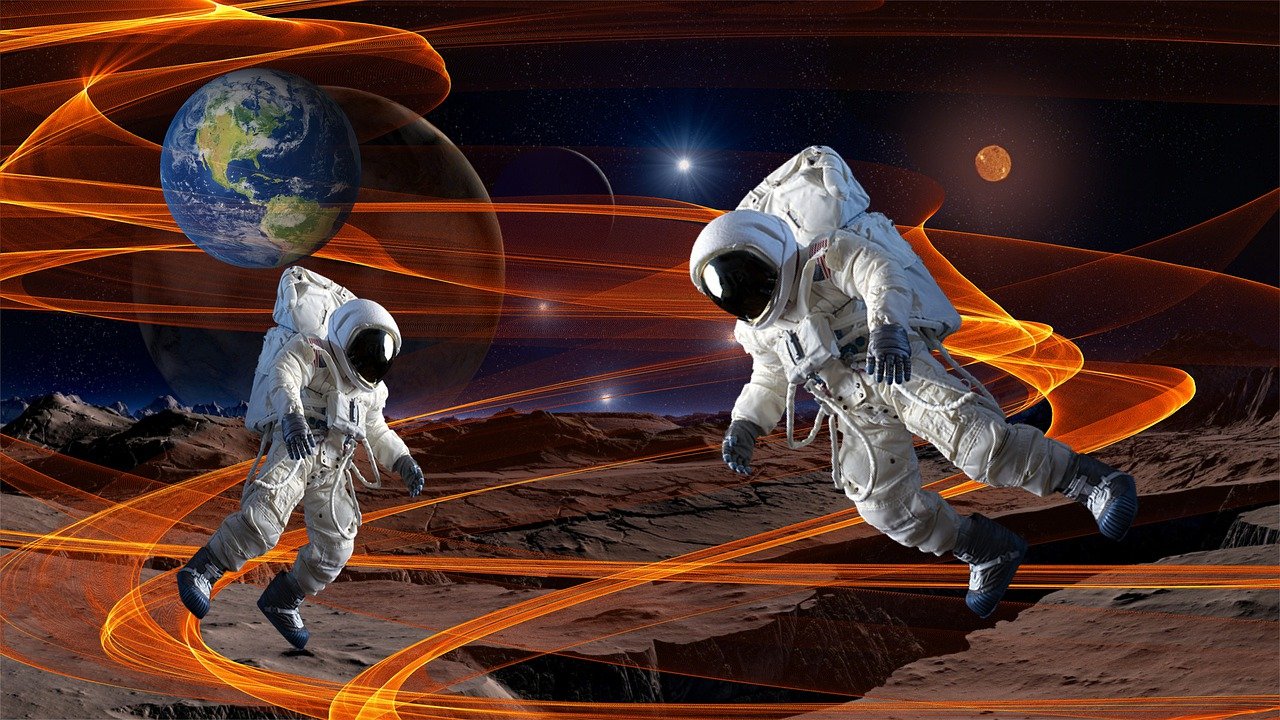Science News Roundup: China launches Shenzhou-16 mission to Chinese space station - state media; Italy bets on quietest of places to host world-leading telescope and more
The Sos Enathos lead and zinc mine, extending 300 metres underground below lush vegetation, has been picked by the Rome government as its candidate to host the so-called Einstein Telescope (ET). NASA looks to spice up astronaut menu with deep space food production In the 2015 sci-fi film "The Martian," Matt Damon stars as an astronaut who survives on a diet of potatoes cultivated in human feces while marooned on the Red Planet.

Following is a summary of current science news briefs.
China launches Shenzhou-16 mission to Chinese space station - state media
China sent three astronauts to its now fully operational space station as part of crew rotation on Tuesday in the fifth manned mission to the Chinese space outpost since 2021, state media reported. The spacecraft, Shenzhou-16, or "Divine Vessel", and its three passengers lifted off atop a Long March-2F rocket from the Jiuquan Satellite Launch Centre in the Gobi Desert in northwest China at 9:31 a.m. (0131 GMT).
Italy bets on quietest of places to host world-leading telescope
Italy is proposing a disused mineral mine in a remote corner of Sardinia to house one of the world's most advanced telescopes, hoping that the uncommon stillness of the spot will clinch European Union approval and funds. The Sos Enathos lead and zinc mine, extending 300 metres underground below lush vegetation, has been picked by the Rome government as its candidate to host the so-called Einstein Telescope (ET).
NASA looks to spice up astronaut menu with deep space food production
In the 2015 sci-fi film "The Martian," Matt Damon stars as an astronaut who survives on a diet of potatoes cultivated in human feces while marooned on the Red Planet. Now a New York company that makes carbon-negative aviation fuel is taking the menu for interplanetary cuisine in a very different direction. Its innovation has put it in the finals of a NASA-sponsored contest to encourage development of next-generation technologies for meeting the food needs of astronauts.










